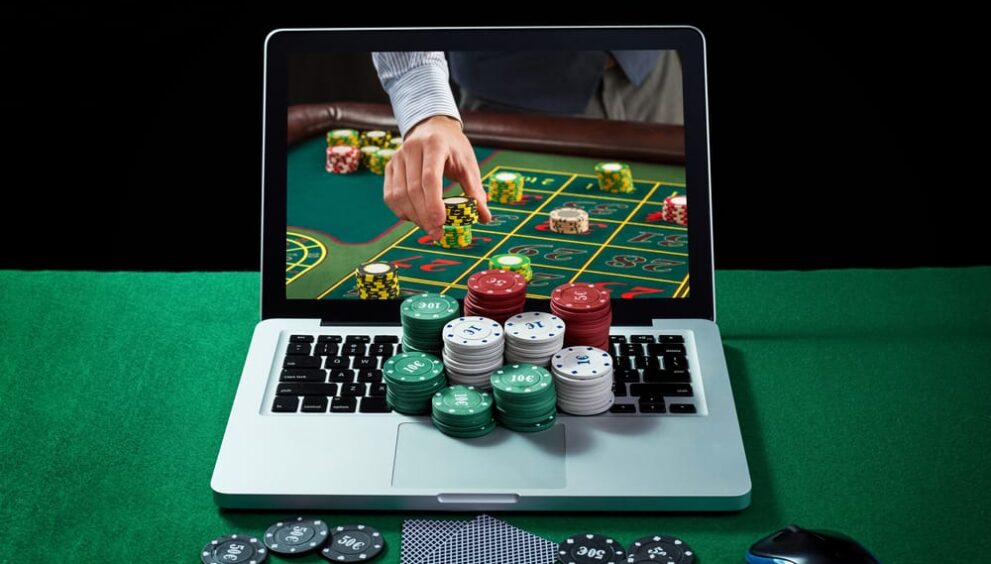The psychology behind online gambling, why players keep coming back

Online gambling has become one of the fastest-growing forms of entertainment worldwide. Beyond the flashing lights and sleek interfaces, the real magnet lies in the psychology of play. People do not only bet for the chance of winning money; they are also chasing emotions, tension, and a subtle sense of reward that engages the brain in complex ways. To understand why millions of players log in daily, we need to look closely at what happens in the mind when the roulette spins or the slot reels align.
The brain’s reward system in action
Every spin of a slot machine or turn of a card taps directly into the brain’s reward circuitry. Neuroscientists have shown that gambling activates the release of dopamine, a neurotransmitter associated with pleasure and motivation. This surge of dopamine occurs not only when players win, but also when they anticipate a possible win. That means even the moment just before the reels stop carries a thrill powerful enough to keep people engaged.
This mechanism is known as the near-miss effect. When a player almost wins, two matching symbols on the slot machine with the third just one space away, the brain reacts almost as if it had won. The result is a mix of frustration and excitement that encourages another try. Unlike predictable rewards, gambling thrives on uncertainty, and that uncertainty is what hooks the brain into craving the next round.
Why luck feels like control
Humans are natural pattern-seekers. In gambling, this tendency often takes the form of believing in lucky numbers, rituals, or strategies that supposedly influence chance. In reality, the outcome of online casino games is determined by random number generators. Yet players often feel that their actions have an effect, which psychologists describe as the illusion of control.
For example, choosing when to click the spin button, or blowing on virtual dice in a game, creates the sense of agency. This psychological trick fuels persistence: players keep believing that the next round will be different if they just act at the right moment. Platforms are well aware of this tendency and design games that heighten that feeling, making each click feel more personal and more significant.
The allure of casino culture online
Another factor behind the enduring appeal of online gambling is the social and cultural imagery tied to casinos. The aesthetics, gold, red, black, diamonds, and pearls, signal glamour and excitement. Many online platforms build their branding around this imagery, evoking a lifestyle of risk, sophistication, and reward. It is not only about the money but about entering a symbolic world.
This is where guides such as Casino Pearls often step in, curating insights about games, strategies, and trends. By linking gambling to a broader cultural experience, they amplify the sense that players are not just pressing buttons but taking part in a global community shaped by tradition, glamour, and shared stories.
Risk, responsibility, and the edge of addiction
While the psychology of gambling explains its charm, it also reveals why it can be dangerous. The same dopamine system that delivers thrills also reinforces repeated behavior, even when losses outweigh wins. This is why some players fall into patterns of chasing losses, believing that persistence will eventually pay off.
Responsible gaming initiatives encourage players to recognize these patterns early. Tools such as deposit limits, reality checks, and self-exclusion features are increasingly integrated into online platforms. Still, the responsibility ultimately rests with the individual. Recognizing that gambling is entertainment, not a strategy for financial gain, is key to maintaining balance.
Psychologists highlight the importance of pauses. Taking breaks during sessions helps interrupt the reward cycle and reset the brain’s anticipation. Likewise, framing wins as lucky moments rather than expected outcomes reduces the pressure to keep betting. These small mental adjustments can make the difference between enjoyable play and harmful compulsion.
The future of gambling psychology
The study of gambling behavior is constantly evolving. Researchers are now exploring how new formats such as live dealer games, mobile apps, and even VR casinos reshape the player experience. A live dealer streamed from a studio adds human connection, while VR environments create immersive worlds where players can walk through digital halls. These innovations intensify the psychological pull by making games feel more real, more social, and more rewarding.
At the same time, regulators and health professionals are pushing for greater transparency. Discussions about algorithms, payout rates, and data-driven prevention tools are becoming central to the industry. The future of online gambling will likely involve a balance: continuing to create compelling experiences while embedding stronger safeguards for players.
The fascination with online gambling is not a mystery once you look at the psychological forces at play. Dopamine, uncertainty, illusions of control, and cultural imagery all converge to create an experience that feels far more powerful than the sum of its parts. Players are not just chasing money; they are navigating emotions, symbols, and a rhythm of wins and near-misses that keeps them coming back.
For the industry, this fascination is both an opportunity and a responsibility. Designing games that entertain without exploiting vulnerable behavior is the challenge ahead. For players, awareness is the best defense, understanding why the games are so engaging makes it easier to set limits and play for fun rather than compulsion.












































































































































































































































































































































































































































































































































































































































































































































































































































































































































































































































































































































































































































































































































































































































































































































































































































































































































































































































































































































































































































































































